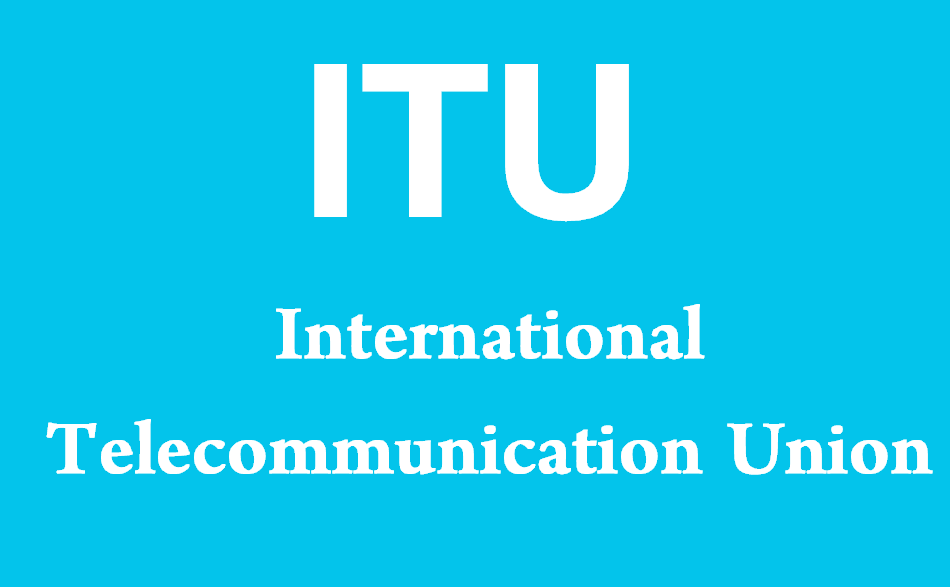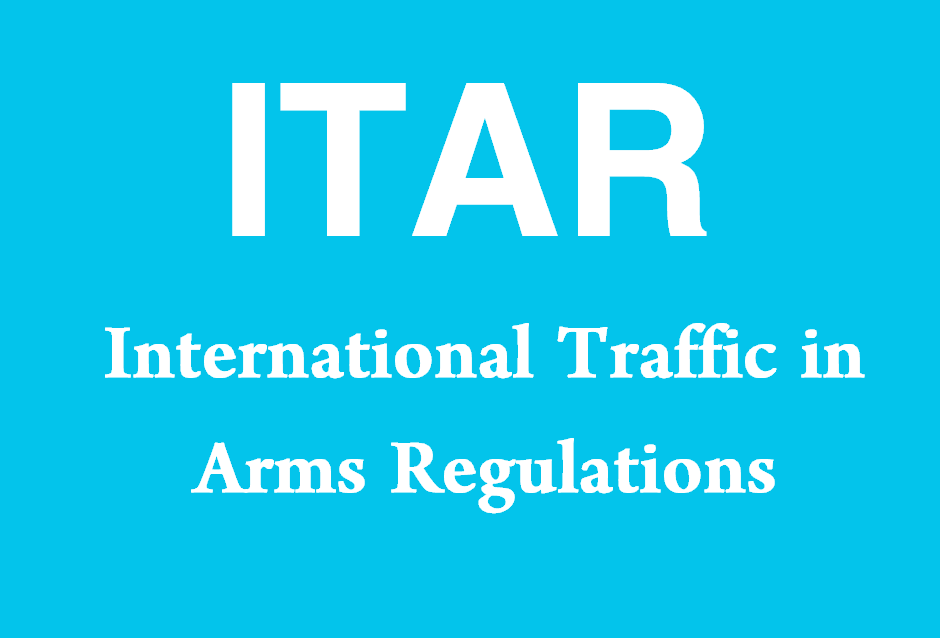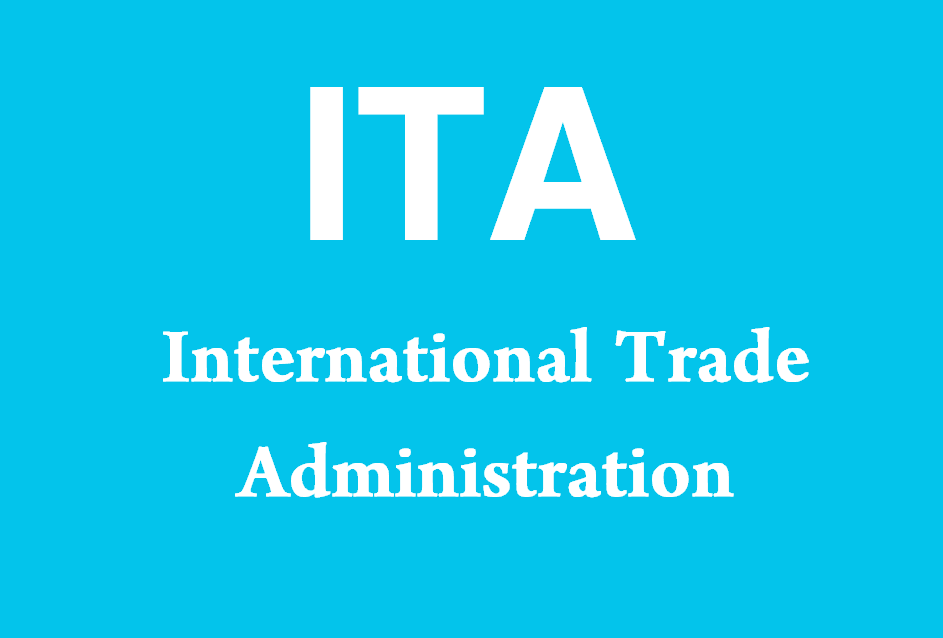What does IMF stand for?
IMF stands for “International Monetary Fund.” The International Monetary Fund (IMF) is an international organization established in 1944 with the primary objective of promoting global monetary cooperation, exchange rate stability, balanced economic growth, and financial stability among its member countries. The IMF serves as a forum for multilateral cooperation on international monetary issues, providing financial assistance, policy advice, and technical expertise to member countries facing economic challenges, balance of payments crises, or financial instability. Through its surveillance, lending, capacity development, and research activities, the IMF plays a crucial role in maintaining macroeconomic stability, fostering economic development, and addressing global economic imbalances in the ever-evolving international financial system.

Comprehensive Explanation of International Monetary Fund
The International Monetary Fund (IMF) is a specialized agency of the United Nations system established to foster international monetary cooperation, secure financial stability, promote sustainable economic growth, and facilitate international trade. Founded in 1944 at the Bretton Woods Conference in New Hampshire, USA, the IMF has evolved into a key global institution with a mandate to oversee the international monetary system, provide financial assistance to member countries facing economic difficulties, and offer policy advice and technical assistance to promote sound economic policies and financial stability worldwide.
Origins and Mandate
The IMF was created in response to the economic turmoil and currency instability experienced during the Great Depression of the 1930s and the disruptions caused by World War II. The primary objectives of the IMF, as outlined in its Articles of Agreement, are to:
- Promote International Monetary Cooperation: The IMF seeks to facilitate cooperation among member countries to promote exchange rate stability, prevent competitive currency devaluations, and foster orderly adjustments in international payments balances.
- Facilitate Exchange Rate Stability: The IMF aims to oversee the international monetary system and promote exchange rate stability by providing a framework for consultations, surveillance, and cooperation on exchange rate policies among member countries.
- Provide Financial Assistance: The IMF offers financial assistance to member countries facing balance of payments problems, external financing needs, or economic crises, helping them address short-term liquidity constraints and implement necessary policy adjustments to restore macroeconomic stability.
- Offer Policy Advice and Technical Assistance: The IMF provides policy advice, economic analysis, and technical assistance to member countries to support the formulation and implementation of sound macroeconomic policies, structural reforms, and financial sector reforms aimed at fostering sustainable economic growth, poverty reduction, and inclusive development.
Governance Structure
The governance structure of the IMF consists of:
- Board of Governors: Comprising one governor and one alternate governor appointed by each member country, the Board of Governors is the highest decision-making body of the IMF and meets annually to discuss key policy issues, approve the IMF’s budget and financial statements, and review major policy initiatives.
- Executive Board: The Executive Board, composed of 24 Executive Directors representing member countries or groups of countries, is responsible for conducting the day-to-day operations of the IMF, making decisions on financial assistance, surveillance activities, and policy advice, and overseeing the implementation of IMF programs and initiatives.
- Managing Director and Staff: The Managing Director, appointed by the Executive Board, serves as the chief executive officer of the IMF and is responsible for managing the organization’s operations, setting strategic priorities, representing the IMF in international forums, and providing leadership on key policy issues. The IMF staff, consisting of economists, financial experts, and technical specialists, support the Managing Director and Executive Board in conducting surveillance, formulating policy recommendations, and delivering technical assistance to member countries.
Core Functions and Activities
The IMF carries out its mandate through a range of core functions and activities:
- Surveillance: The IMF conducts regular surveillance of global economic developments, exchange rate policies, macroeconomic imbalances, and financial sector vulnerabilities to assess risks to stability and provide policy advice to member countries through its World Economic Outlook reports, Article IV consultations, and thematic analyses.
- Financial Assistance: The IMF provides financial assistance to member countries facing balance of payments problems, currency crises, or economic disruptions through various lending facilities, including Stand-By Arrangements, Extended Fund Facility, Rapid Financing Instrument, and Flexible Credit Line, tailored to the specific needs and circumstances of each country.
- Capacity Development: The IMF offers technical assistance, training programs, and capacity-building initiatives to member countries to strengthen their institutional capacity, policy frameworks, and macroeconomic management capabilities in areas such as fiscal policy, monetary policy, public financial management, financial regulation, and economic statistics.
- Policy Advice: The IMF provides policy advice and economic analysis to member countries on a wide range of macroeconomic and structural issues, including fiscal sustainability, monetary policy effectiveness, exchange rate management, financial sector stability, external debt sustainability, poverty reduction, and inclusive growth.
- Research and Analysis: The IMF conducts research and produces analytical reports on key economic and financial topics, including global economic trends, policy challenges, financial stability risks, and development issues, disseminating its findings through publications such as the World Economic Outlook, Global Financial Stability Report, Fiscal Monitor, and Regional Economic Outlooks.
Role in Crisis Management
The IMF plays a critical role in crisis management and resolution, providing financial assistance, policy advice, and technical expertise to member countries facing economic challenges or financial crises. During times of crisis, the IMF works closely with national authorities to design and implement comprehensive reform programs aimed at restoring macroeconomic stability, strengthening financial resilience, and promoting sustainable growth. IMF-supported programs typically involve a combination of policy measures, including fiscal consolidation, monetary tightening, exchange rate adjustments, structural reforms, and financial sector restructuring, tailored to the specific circumstances and needs of each country.
Evolution of IMF’s Policies and Approach
Over the years, the IMF has adapted its policies, approaches, and operational practices in response to changing global economic conditions, emerging challenges, and lessons learned from its engagement with member countries. The IMF has increasingly focused on issues such as income inequality, climate change, digital transformation, inclusive growth, and sustainable development, integrating these considerations into its policy advice, lending programs, and capacity-building efforts. The IMF has also sought to enhance transparency, accountability, and governance in its operations, improve collaboration with other international organizations, regional development banks, and stakeholders, and promote greater participation of low-income and emerging market economies in decision-making processes.
Notes to Importers
Importers engaging in international trade should be aware of the following considerations regarding the International Monetary Fund (IMF) and its impact on import-related activities:
1. Exchange Rate Stability
Changes in exchange rates can significantly affect import costs, pricing competitiveness, and profit margins. Importers should monitor exchange rate movements and volatility, as well as the IMF’s assessment of exchange rate policies and interventions in member countries. Exchange rate stability promoted by the IMF contributes to predictable import pricing and reduced currency risk exposure for importers.
2. Macroeconomic Conditions
The IMF conducts surveillance of member countries’ macroeconomic policies, fiscal sustainability, and monetary frameworks, providing assessments and recommendations to promote economic stability and growth. Importers should stay informed about the IMF’s analysis of global economic trends, inflation rates, interest rates, and fiscal deficits, as changes in macroeconomic conditions can impact import demand, consumer purchasing power, and market dynamics.
3. Financial Stability
The IMF plays a key role in promoting financial stability and resilience in the global financial system, monitoring risks in financial markets, and providing policy advice on financial sector regulation and supervision. Importers should be aware of the IMF’s assessments of financial sector vulnerabilities, banking sector soundness, and systemic risks, as financial crises or disruptions can affect trade financing, credit availability, and payment systems.
4. Trade Policy Coordination
The IMF promotes international cooperation on trade policies, trade liberalization, and trade facilitation measures to enhance global trade flows and economic integration. Importers should consider the IMF’s analysis of trade policy developments, regional trade agreements, and trade tensions, as changes in trade policies, tariffs, or trade barriers can impact import costs, market access, and supply chain operations.
5. Crisis Response and Recovery
In times of economic crisis or external shocks, the IMF provides financial assistance, policy advice, and technical support to member countries to address balance of payments problems, restore confidence, and implement structural reforms. Importers should monitor IMF-supported programs, policy conditionality, and reform priorities in countries of interest, as crisis management measures can affect macroeconomic stability, business environment, and import demand.
Sample Sentences with the Acronym “IMF” and Their Meanings
- The finance minister announced the government’s decision to seek IMF assistance to address the country’s balance of payments crisis and implement a comprehensive reform program to restore macroeconomic stability.
- Meaning: The finance minister revealed that the government plans to request financial support from the International Monetary Fund to manage the country’s balance of payments difficulties and undertake a comprehensive set of policy reforms aimed at stabilizing the macroeconomy.
- The central bank governor highlighted the IMF’s endorsement of the country’s macroeconomic policies and structural reforms as a positive signal for investor confidence and external financing prospects.
- Meaning: The central bank governor emphasized that the International Monetary Fund’s approval of the country’s economic policies and reform agenda is viewed positively by investors and is expected to improve investor confidence and access to external financing.
- The economic analyst cited the IMF’s projection of slower global economic growth and heightened downside risks due to trade tensions, geopolitical uncertainties, and financial market vulnerabilities.
- Meaning: The economic analyst referenced the International Monetary Fund’s forecast of decelerating worldwide economic expansion and increased downside risks stemming from trade disputes, geopolitical tensions, and vulnerabilities in financial markets.
- The IMF mission concluded its Article IV consultation with the country, commending the government’s progress in implementing structural reforms, strengthening fiscal discipline, and enhancing economic resilience.
- Meaning: The International Monetary Fund’s visiting delegation completed its annual assessment of the country’s economic policies and performance under Article IV consultations, praising the government’s efforts to enact structural changes, improve budget management, and bolster economic resilience.
- The IMF announced a new financial assistance package for the crisis-hit economy, contingent on the government’s commitment to implementing policy reforms, restoring investor confidence, and addressing structural imbalances.
- Meaning: The International Monetary Fund unveiled a fresh funding arrangement for the economy facing severe economic challenges, subject to the government’s pledge to carry out policy adjustments, rebuild trust among investors, and tackle underlying structural weaknesses.
Other Meanings of “IMF”
| Acronym | Meaning |
|---|---|
| IMF | International Myeloma Foundation |
| IMF | Interferon Memory Factor |
| IMF | Inelastic Mean Free |
| IMF | International Meteorological Flag |
| IMF | Inferior Mesenteric Flexure |
| IMF | Investment Management Fee |
| IMF | Isolated Matrix Factorization |
| IMF | Isolation Master File |
| IMF | In-Service Monitoring Function |
| IMF | Internal Management Fund |
| IMF | Integrated Measurement Facility |
| IMF | International Microgravity Laboratory |
| IMF | Integrated Medicine Foundation |
| IMF | Imaging Mass Filter |
| IMF | Internal Martial Function |
| IMF | Insurance Matching Fund |
| IMF | Inbound Marketing Funnel |
| IMF | Intrinsic Modulation Frequency |






